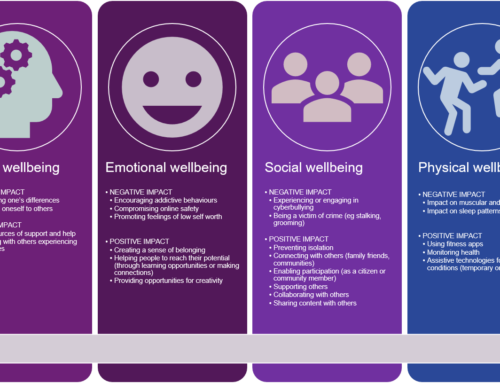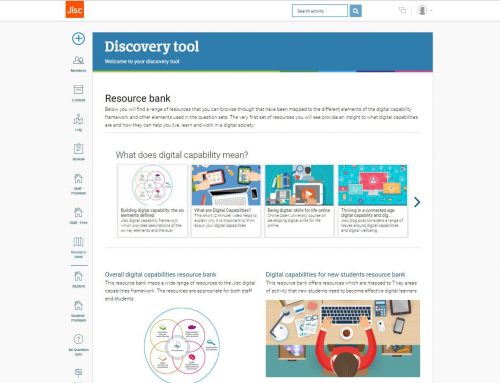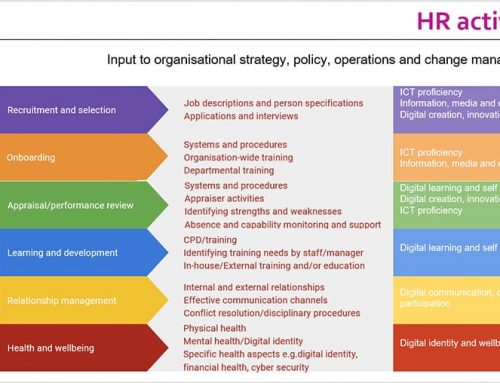Students as digital partners and pioneers
I wrote last week about a session at the JISC innovating eLearning online conference 2012 on open practices. This will be the seventh JISC online Innovating eLearning conference entitled Shaping the Future which takes place from 13th – 23rd November 2012.
Another great session we have planned is looking at the following questions in the context of digital literacies:
- What are the different ways that students are being involved or are involving themselves?
- What motivates students to be involved in change initiatives and what keeps them motivated?
- How does student engagement change the culture of learning and teaching, and students’ relationships with the institution?
- What support do students need to be effective change agents and role models, beyond their basic digital expertise?
The session will take place live in Collaborate on Wednesday 21st November at 3pm.
We have some great contributions from Liz Dunne (University of Exeter), Mark Kerrigan (University of Greenwich) and Aaron Porter (former NUS president) with Erin Walcon (student, University of Exeter) and Jeremy Wildeman (student, University of Exeter). This session will be facilitated by Malcolm Ryan (University of Greenwich).
In 2011, The Universities of Greenwich & Exeter were two of eleven institutions awarded national JISC funding to develop better understanding of digital literacy in Higher Education. Students as change agents are at the heart of the Greenwich and Exeter projects – students informing, supporting and leading on areas to deliver essential parts of the work. Indeed, there has been a strong drive to incorporate the student voice into numerous educational processes (Creanor et al., 2006). Recently this thinking was enshrined within the 2010 Government White paper ‘Students at the Heart of the System’. The aim of this workshop is to critically review and discuss the different ways that students are being involved, how they are motivated and how they impact on institutional change. To deliver maximum impact, students involved in these projects will present their own experiences, explain why they became involved, and illustrate the support they need to be effective as change agents.
The session will also be addressing the following questions and we want to know what your responses are….
- What could a vision for student engagement looks like?
- What are the issues, risks and challenges associated with student engagement?
Don’t forget to register for the conference and join us in this session. Book your place
Keynote addresses by Dr Sue Black, James Clay and Ian Gilbert
see you there!







Leave A Comment